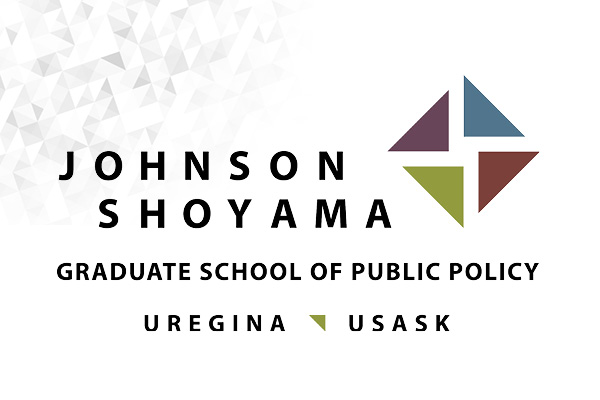
SSHRC funds JSGS faculty to explore policy issues key to education, human resources and territorial identities
Three separate projects, led or co-led by JSGS faculty, have received $198,573 from the Social Sciences and Humanities Research Council (SSHRC) in the latest rounds of Insight Grants and Insight Development Grants.
Three separate projects, led or co-led by JSGS faculty, have received $198,573 from the Social Sciences and Humanities Research Council (SSHRC) in the latest rounds of Insight Grants and Insight Development Grants. Haizhen Mou, Michael Atkinson, Jim Marshall, Dionne Pohler and Daniel Béland have been awarded funding to explore policy issues related to the provincial K-12 education system, human resource policies and practices in organizations, and how public policy impacts territorial identities.
How can the public education system be more efficient at optimizing use of public resources?
The declining and uneven achievements of 15-year-old Canadian students in the recent 2012 OECD Programme for International Student Assessment (PISA) have raised significant public concerns about the quality and accountability of our provincial K-12 education systems. In spite of these concerns, little is known about the efficiency of the public education system in producing desired outcomes with public resources. These resources, which amounted to $52B in 2010, have been growing at a rate of $2B per year. Led by Haizhen Mou, in collaboration with Michael Atkinson and Jim Marshall, this $73,657 project will examine the provincial K-12 education system in Canada from an economic and behavioural perspective.
   |
“Understanding cost efficiency is a primary step in the formulation of strategies to optimize use of public resources,” says Mou. “A more efficient education sector will save increasingly scarce public education dollars without reducing desired educational outcomes.”
As part of their research, Mou, Atkinson and Marshall will interview managers in the public K-12 education sector across Canada to establish the importance of efficiency in decision making, specifically when decisions have impact on budget allocations. By linking macro measures of efficiency to micro level managerial behaviours, the project will significantly improve understandings of the determinants of cost efficiency in the public K-12 education sector, which is the first step in formulating strategies to optimize use of public resources.
Do higher investments in HR systems lead to better outcomes for individuals and organizations?
 |
Joe Schmidt (Edwards School of Business) and Dionne Pohler have been awarded $46,308 to explore whether higher investments in HR systems lead to better outcomes for individuals and organizations by examining how employees understand these HR systems. Between 2005 and 2009, Canadian organizations increased their investment in human resource management by approximately 24%, yet whether these investments contribute to desirable outcomes for individuals and organizations is not clear.
“Examining how employees form opinions about the purpose of HR systems and what impact their perceptions about HR systems have on performance, is one of the key questions we’ll be exploring,” says Pohler. “We’ll also test the extent to which organizational strategies, management philosophies and leadership behaviour influence employee perceptions.”
As part of their research, Schmidt and Pohler will partner with various provincial human resource management associations to analyze metrics pertaining to investments in HR systems and measures of organizational performance. Their goal is to provide practitioners and organizational leaders with information about how to appropriately align management philosophies with HR systems in a manner that improves organizational effectiveness and bolsters employee well-being.
How does public policy shape and be shaped by territorial identities?
 |
Canada Research Chair Daniel Béland and André Lecours (UOttawa) have been awarded $78,608 to explore the relationship between public policies and territorial identities. Looking at recent policy developments in particular sub-state entities including Alberta, Flanders, Newfoundland and Labrador, Quebec, Scotland and Western Australia, Béland and Lecours will analyze both the impact of territorial identities on the development of public policies and, conversely, the impact of public policies on the formation and transformation of these identities.
“Territorial identities intersect with policy formation in profound ways," says Béland. "Yet, how these identities shape and are shaped by public policies is seldom studied in a systematic way, something this project will do, through a set of comparative case studies focusing on sub-state entities such as Canadian provinces."
Together, these case studies on issues such as equalization and social policy aim to enrich theoretical knowledge on the identity-policy nexus, while deepening the comparative knowledge in Canada and other advanced industrial countries.
-30-
For more information, contact:
Erica Schindel, Communications and Marketing Specialist
Johnson-Shoyama Graduate School of Public Policy
University of Saskatchewan
Phone: 306-966-2663
Email: erica.schindel@usask.ca

